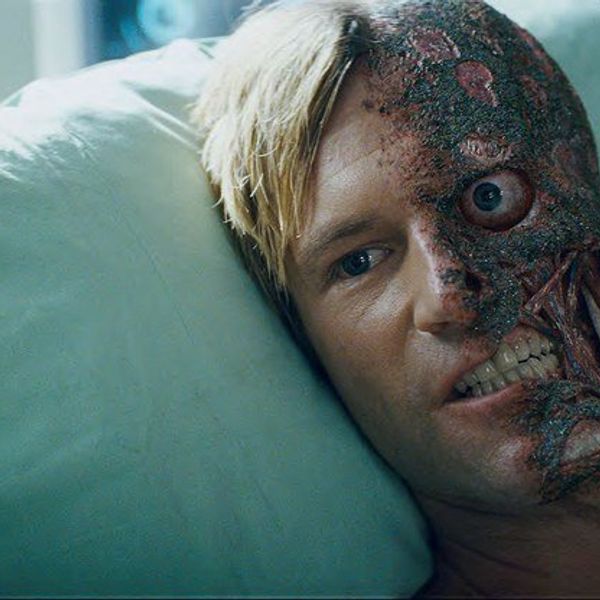Many people have heard the tale of Dracula, a Transylvanian vampire out for blood, who can't be seen in mirrors and has fangs that he uses to dig into the necks of his victims.
But, what many people don't know is that Dracula is based on a real person in history: voivode (or prince) of Wallachia, Vlad the Impaler.
Although Irish author Bram Stoker fabricated Count Dracula in his gothic novel entitled "Dracula" in 1897, Dracula was inspired by Vlad III, who was born in 1431 in the city of Sighișoara, which is located in Transylvania, Romania. Despite being born in Transylvania and living in Romania, he never actually lived at Bran Castle, which is the castle that is believed to have housed Dracula. It only fits the description of the castle that Stoker describes in his novel, though there is no proof that he knew of the castle. But the castle still earned the nickname, Dracula's Castle.
In 1431, King Sigismund of Hungary inducted the father of Vlad III, Vlad II, into the knightly order. He was inducted into the Order of the Dragon, which was on a mission to defeat the Ottoman Empire. This new title earned Vlad II the new surname Dracul, which came from "drac", the old Romanian word for dragon. Vlad III was then known as the "son of Dracul", or Drăculea in old Romanian. Thus, Vlad III became known as Vlad Dracula.
Vlad Dracula did not start to establish his bloody vampire-like reputation until he came into power in 1448 as voivode of Wallachia. However, the first time he was on the throne, he only lasted two months. But in 1456, he returned to the throne and initiated a purge of the boyars to consolidate his authority at the beginning of his reign. The story goes that he invited 500 boyars for a banquet who participated in the murders of his father and elder half-brother as well as those he surmised to be plotting against him. After the feast was over, he impaled every single one of them.
Vlad III's preferred style of execution was impalement because not only did it kill his enemies, it also scared away others, making it a form of terror. This earned him the notorious nickname of "Vlad the Impaler."
Besides these harsh killings, there were also rumors that Vlad III drank the blood of his victims, giving him a vampire-like reputation. There is even a 15th-century German poem that suggested that he would dip his bread in human blood. Others argue that the poem is actually trying to say that he would like to wash his hands with blood before dinner. However, neither of these claims can be historically proven. But given Vlad III's track record, it wouldn't be surprising if he did both.
Ironically, though he committed these very gruesome acts when he was in power, he is still known as a "positive character" in Romania because he was a very just, yet very cruel, ruler.
Though Vlad the Impaler is long gone and Dracula is only a fictional character, both have haunting tales that include vast amounts of bloodshed. And depending on what you fear, you may find one scarier than the other. But next time you think of Dracula or read Bram Stoker's novel, you can thank the "original Dracula" for the famous gothic story.





















